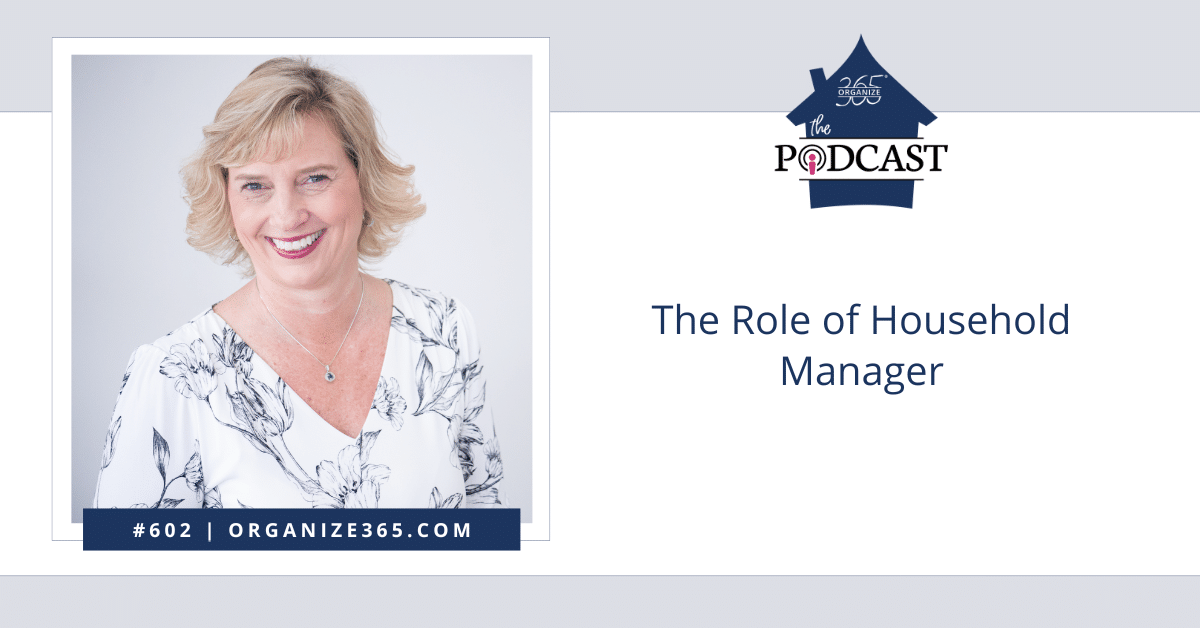
Last week I talked about these large Presidential homes and why they were so big. But it also got me thinking about how they were run. Some had staff or slaves to help them, but some like John and Abigail Adams did not. Houses now aren’t built or run like they used to be.
Think About This
Our homes are small businesses. By that I mean we, our homes, contribute to 68% of the economy. We buy food, clothes, and products to run and repair/improve our homes and function of daily life. Why don’t we run our homes with strategic focus on our priorities instead of trying to equal out daily tasks that will never be done anyway? AI is coming for the house last. We need to be empowered by objectively looking at our homes as an economic unit; a small business. When we have that perspective, we will make better choices. We are managing our work life and our small business (our homes) and the cognitive load is too great. You need to learn to defer tasks so you are working on the most important task. Think, what needs to get done? By when? In what order? And what things, if they don’t get done, are not going to be a big deal?
The Household Manager Room
I have always said the only reason I would consider building a new house would be to put the master bedroom on the main level and to finally get the household manager office I have dreamed about. We used to have this planning desk, but as I’m sure many of you have also experienced, it’s not big enough. I want a whole room. So as I started to explain out loud all my organization and reasoning for where I have different papers for taxes, my project closets, Greg’s memorabilia, Warrior MAMA Binders, my Sunday Basket®s, picture frames, and some of Grayson’s stuff, it started to sound like a hot mess. I laughed, but in my head and on paper it’s very organized. The only way I would improve their locations is to have this one room that the primary focus is to efficiently run my home. We should all be so lucky to have one space dedicated to the running of our homes.
You Are the American Economy
Our homes are like startups. Very little money in the beginning, but the systems help us to focus and eventually turn a profit. The less goals at one time that we are focused on, the more productive and profitable our economic unit will be. We need to have managerial mindsets. In our homes, we have finances and operations. No matter if it’s just you, you are married, with kids, or even a multigenerational home. The focus is no longer divvying up tasks, it’s productivity. You take a leadership stance. You can only control and change you and your mindset. Decide what you want to do and lead by example. Oddly enough, others usually follow suit and fill in the gaps. When I decided I was no longer grocery shopping and cooking, Greg stepped in and our “food life” is even better now. And keep in mind as our family’s grow, our roles will change too. As your kids grow, instill chores or hire help. Just like in business, people quit and systems change; so will your small business. It’s good to do an audit of your home every couple of years. And as a leader with goals in mind, decide how to move forward effectively, productively, and profitably.
Going into the next 5 episodes, I want you to think about the systems you have in place and how they can make you productive from a leadership standpoint. And how to run your home through strategic planning instead of a reactive mode of just trying to even out the workload.
EPISODE RESOURCES:
- The Sunday Basket®
- The Paper Solution®
- The Productive Home Solution
- Sign Up for the Organize 365® Newsletter
Did you enjoy this episode? Please leave a rating and review in your favorite podcast app. Share this episode with a friend and be sure to tag Organize 365® when you share on social media!



